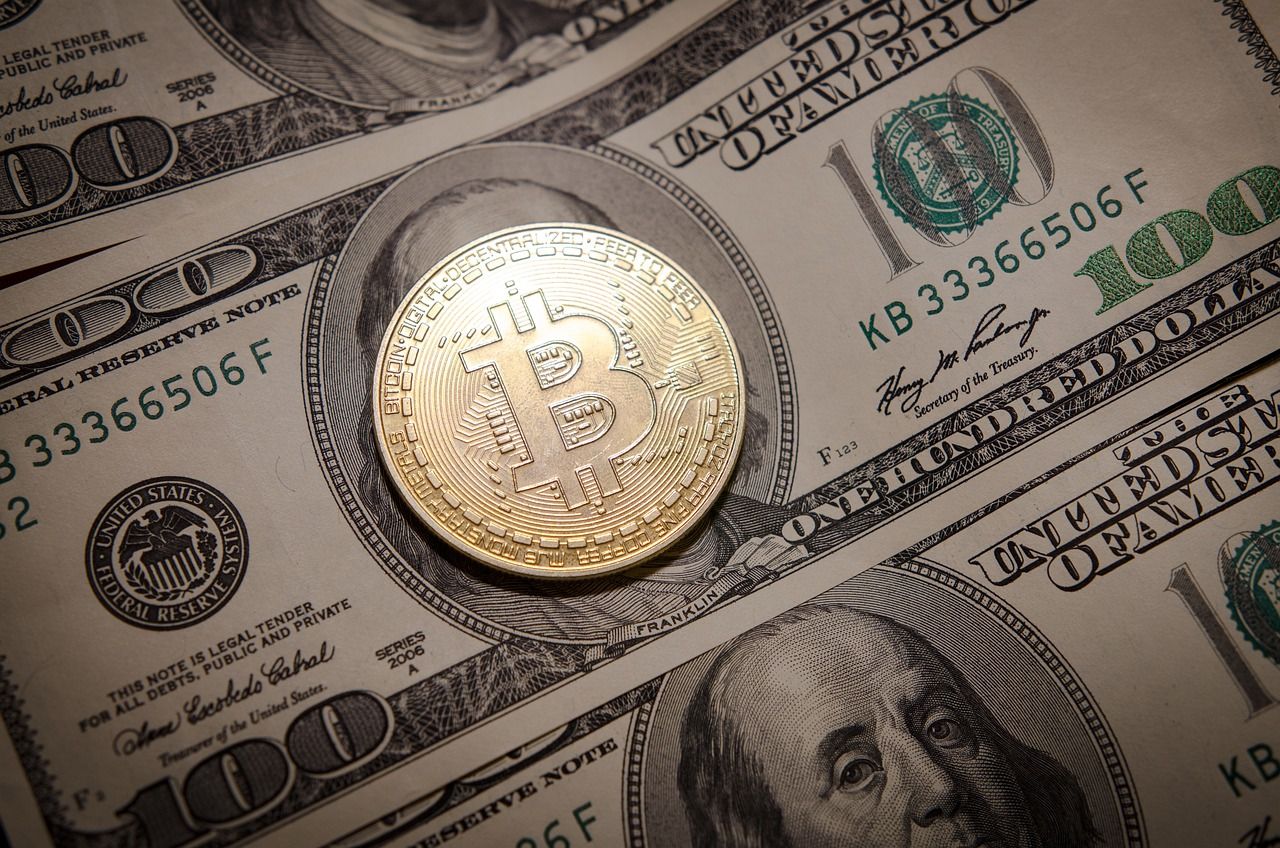- A small number of the unbanked population know about the potential of cryptocurrencies.
- Everyone should be given a fair chance to build wealth.
- Decentralized finance has the potential to bring millions of people into the financial system who traditional banks have excluded.
The world’s unbanked population is still largely outside the financial fold, despite the potential advantages that digital assets can offer them. According to BanklessTimes.com, only around 13% of the world’s unbanked population own any cryptocurrency.
This leaves a massive section of the population without access to loans, credit cards, and other financial services that can help them improve their lives.
According to BanklessTimes.com CEO,
The CEO of BanklessTimes.comCryptocurrencies have failed to live up to their potential, and more needs to be done to bring them into the financial mainstream. One way of doing this is through education and awareness-raising campaigns that show the unbanked population how digital assets can help them. Once people are aware of the potential benefits, more of them are likely to start using cryptocurrencies.
Ways DeFi Can Help Those Who Live on Low Incomes
Banking systems have long been exclusionary, catering to those who already have money. Decentralized finance (DeFi) and other financial technologies can change that by giving low-income populations access to essential banking services.
Thanks to DeFi, people can now borrow, lend and trade without a bank. This allows those left out of the traditional banking system to participate in the financial system and build wealth.
DeFi infrastructure uses technology and P2P systems to offer “accounts,” savings and loans, payments, and investing. By definition, this model eliminates the need for intermediary institutions. With an internet connection and a mobile phone, low-income individuals can access the same financial opportunities as anyone else.
Many projects are working on this, but one of the most promising is MakerDAO. MakerDAO is a decentralized autonomous organization that issues the Dai stablecoin, which is pegged to the US dollar.
Dai can be used in the same way as any other currency, but it has some advantages that make it particularly useful for those who are unbanked or underbanked. For one thing, it can be sent and received anywhere in the world without a bank account.
It also has very low-interest rates, which makes it more affordable for people to borrow. This is important because one of the primary reasons people are excluded from the traditional banking system is that they don’t have enough money to meet the minimum requirements for a bank account or loan.
How Is DeFi Different From Traditional Finance?
Traditional finance is centralized, meaning that a small group of people or institutions have control over it. DeFi is decentralized, meaning anyone can use it, and there is no single point of control.
DeFi is also open and accessible to anyone with an Internet connection. In contrast, traditional finance can be challenging for those who live in remote areas or do not have a lot of money.
Soon, we should see more and more people moving away from traditional banking systems and into the world of decentralized finance. This will give them access to the same financial opportunities as anyone else, regardless of their income or location.
Few people know about the potential of cryptocurrencies and digital assets to help the unbanked population. Even fewer people are using them for this purpose. This needs to change if we want to see a more inclusive financial system that helps everyone, regardless of their background or income.
With time, awareness of the potential of digital assets will increase, and more people will start using them to improve their lives. This will help close the gap between the rich and the poor and ultimately make the world fairer.













